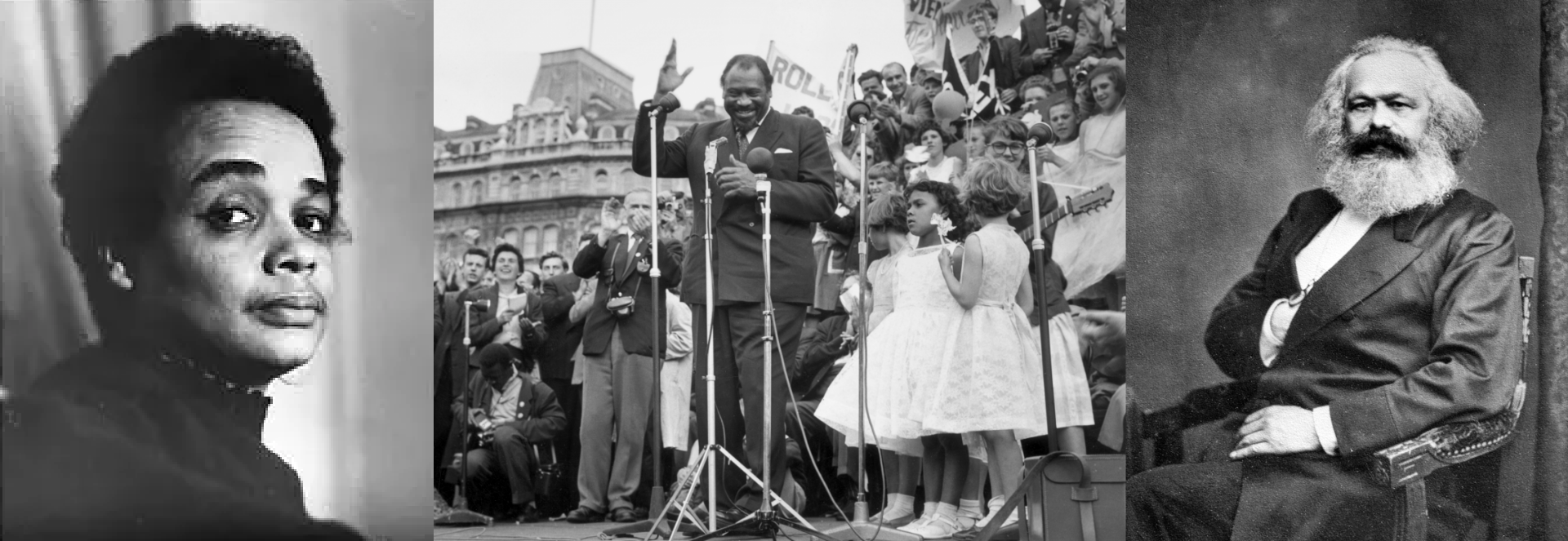Discussion originally proposed to the People’s Power Movement Steering Committee, 2010.
What is ideology? A more or less internally consistent body of ideas, set of ideas, generally concerning politics, economics, society, which usually reflects the interests and/or social position of a particular class or social stratum.
In our movements, we need to strengthen our ideology so that it advances our goal of fundamental unity. Our ideology determines how we analyze problems and approach them.
We have in the past several years encountered a number of practical situations which have revealed the importance of having a firm grasp on ideology. Here, without going into detail, I would just list some of them, with perhaps a very brief comment while focusing on the bigger picture — strengthening our ideological orientation.
RISC (Resilient Schools Consortium) – Encountering them on the CUNY campus resulted in some temporary confusion as to the wisdom of their line and of our withdrawing from working with them.
Cop Watch – Their approach to the issue of police brutality has attracted at least [some] of our members, but it is an approach that raises some important political questions.
Know Your Rights – Thanks to the interest of several of our [new] members on the subject of how we deal with the police, we shall be engaging on this issue. But, again, there are differences in approach that reflect the important ideological differences that need to be crystallized.
$15 Minimum Wage Campaign – We have been invited to join. Once more, an important struggle, but one that can be waged in either a liberal or radical manner, so we need to ensure that if we move forward on this at some point in the future, the manner in which we do so will be consistent with our ideological perspective.
Electoral Politics – We engaged very briefly with the Freedom Party campaign and found it wanting because, again, of serious ideological differences regarding how independent politics should be carried out.
The issue of rights of the undocumented is being put forward as one in which our organizing should become involved. While there is no dispute as to the issue’s importance, the strategy of any forces in the moment is guided by liberal politics (DREAM Act), which we as an organization dedicated to social change believe is both harmful to our ultimate goal and weakens the possibility of meaningful reforms.
Many of these movements scatter the Left’s focus resulting in fragmentation, discrete adventurism, and unconnected progress.
In conclusion, aside from the occasional collision with the ultra-left, such as RISC, the great majority of the time we will be struggling with the forces of liberal reform, and it will require ideological maturity to know how to maintain our independent position while engaging in collaboration with them when such collaboration is fruitful.





